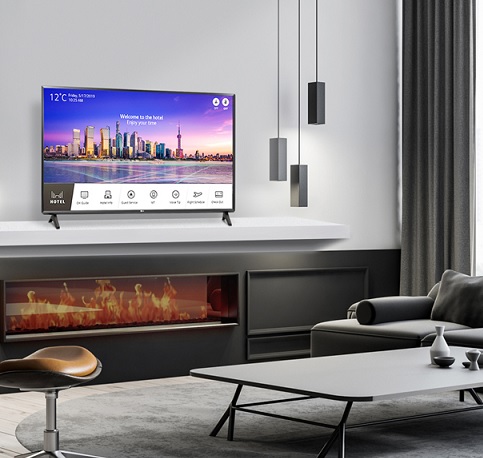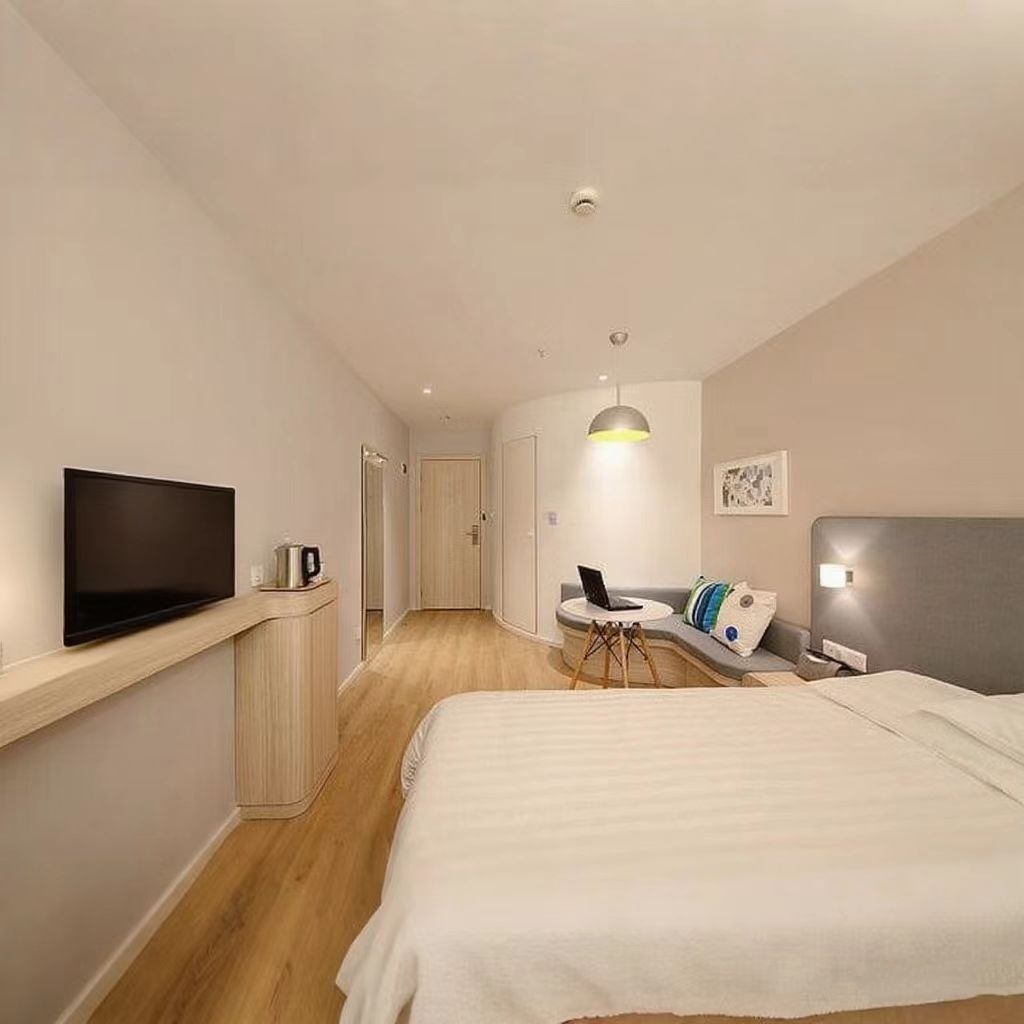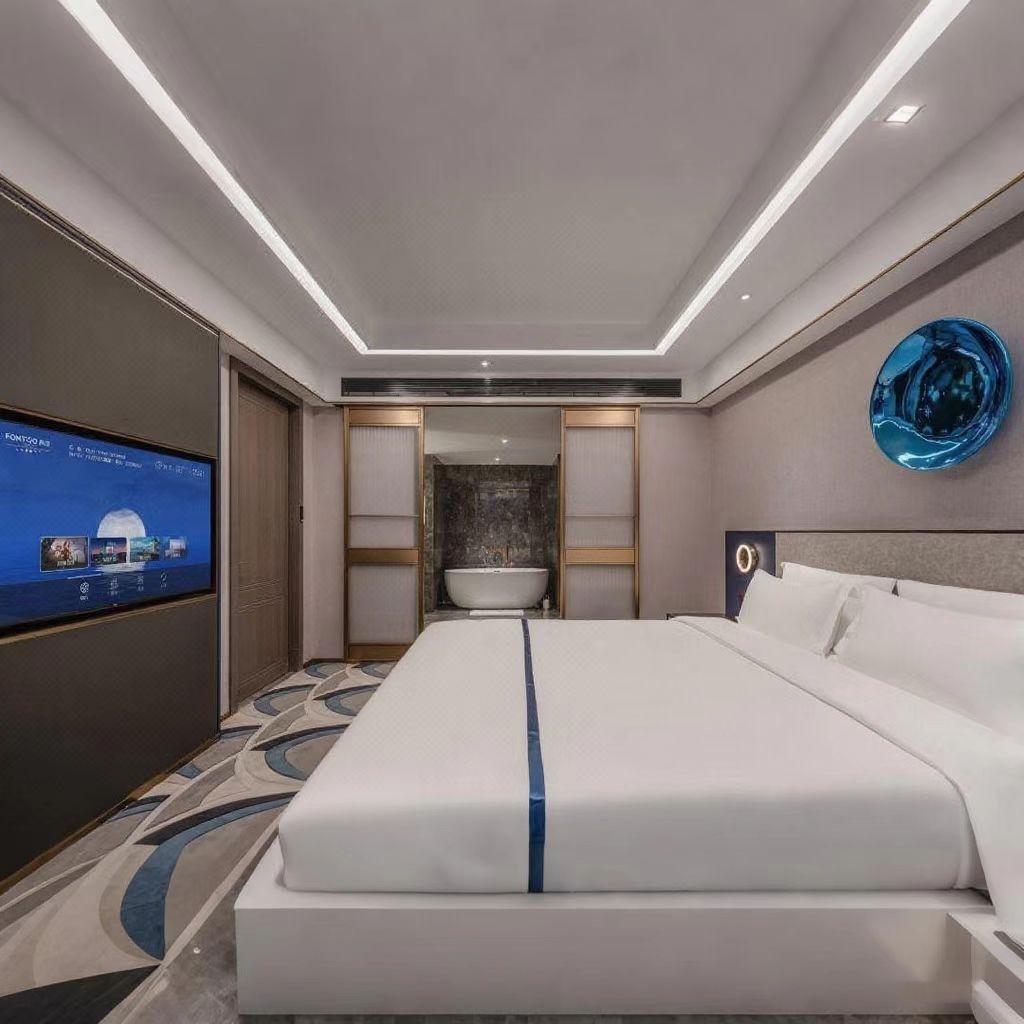Hotel IPTV System vs. Cable TV: Which Is the Best Choice?
Hotel IPTV System vs. Cable TV: Which Is the Best Choice? Hotel entertainment facilities are constantly being upgraded and replaced. Among them, the emergence of hotel IPTV systems has sparked considerable discussion. A common question arises: If a hotel has implemented an IPTV system, can it forgo installing traditional cable TV? 1. Advantages of IPTV Systems As an emerging technology, IPTV systems offer numerous advantages to hotels. Firstly, they provide a wealth of personalized content. Hotels can customize exclusive TV channels and program lists based on their brand positioning and customer needs. Whether it's popular movies and TV dramas, sports events, or local specialty programs, they can all be easily presented through the IPTV system, meeting the diverse entertainment needs of different guests. Secondly, the strong interactivity is a major feature of IPTV systems. Guests can use the system for on-demand viewing and playback of programs, no longer constrained by the fixed broadcast times of traditional cable TV. This autonomy and flexibility significantly enhance guests' stay experiences. Moreover, IPTV systems boast powerful information push capabilities. Hotels can push various service information to guests, such as hotel promotions, dining recommendations, and nearby travel guides, enabling better customer service and marketing. 2. Characteristics of Cable TV However, cable TV is not without its advantages. Cable TV has consistently demonstrated outstanding stability. After years of development, its signal transmission is relatively stable, with few issues such as buffering or disconnections, ensuring a smooth viewing experience for guests. Furthermore, cable TV offers a wide range of channel resources, including specialized news, finance, sports, and other channels, providing rich and comprehensive content. Some guests who are accustomed to the traditional cable TV operation mode may prefer this simple and direct viewing approach. 3. Comprehensive Comparison and Decision-Making Considerations So, can hotels really forgo installing cable TV if they have already installed an IPTV system? In fact, this requires a comprehensive consideration of multiple factors. From a cost perspective, the initial investment in an IPTV system may be relatively high, but the long-term operating costs may be lower. In contrast, cable TV typically requires regular subscription fees. Considering guest needs, if the hotel's customer base primarily consists of young guests who pursue personalization and interactive experiences, the IPTV system may better meet their demands. However, if the hotel caters to a diverse range of guests, including those who strongly rely on traditional TV modes, retaining cable TV might be a prudent choice. Additionally, the local TV signal coverage and network environment must be taken into account. In areas with unstable networks, cable TV may provide a more reliable guarantee.







